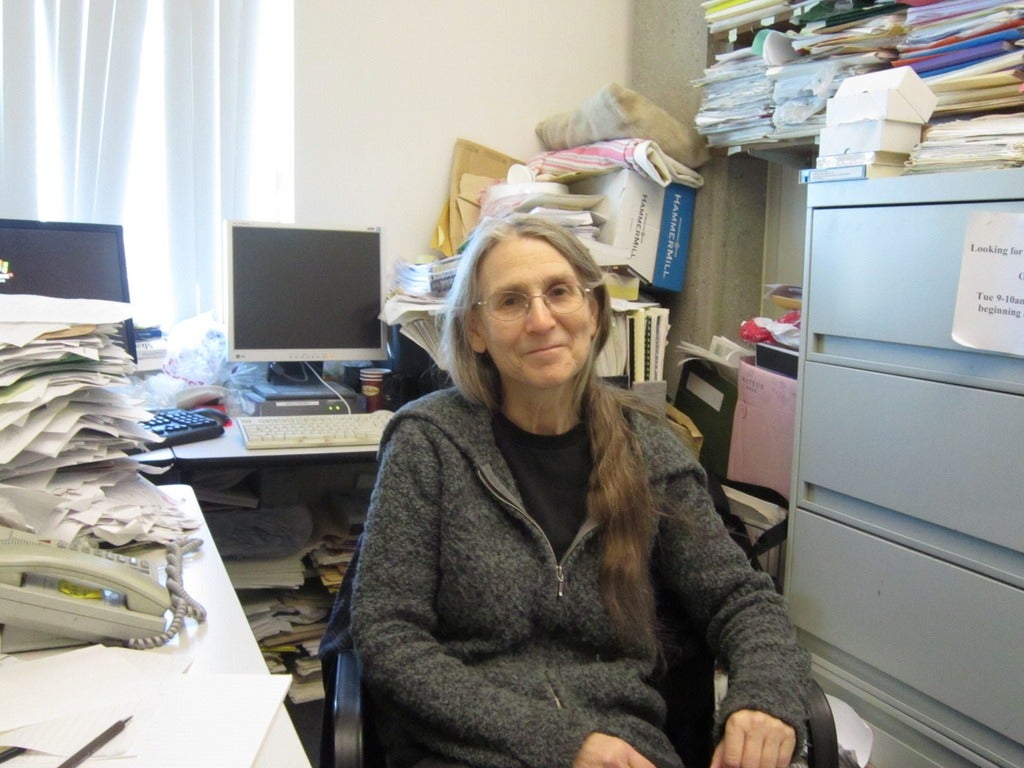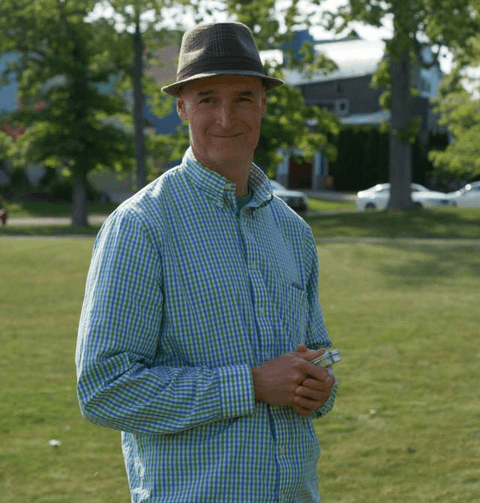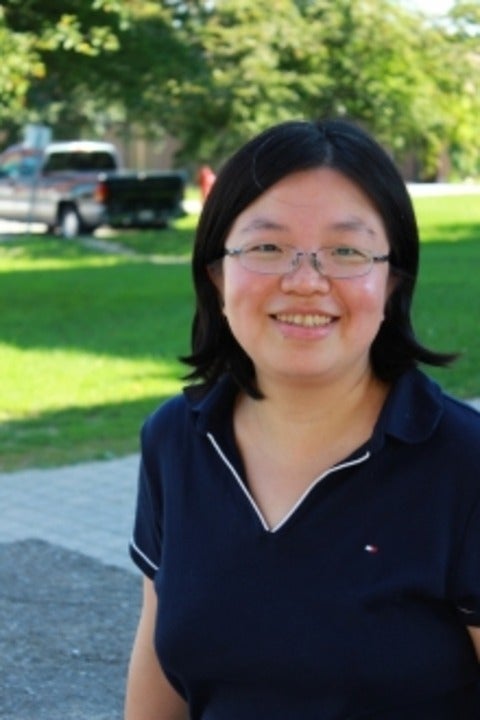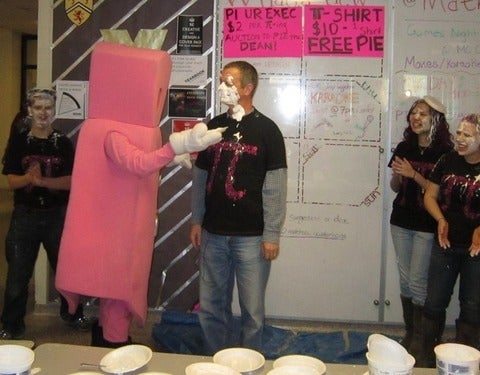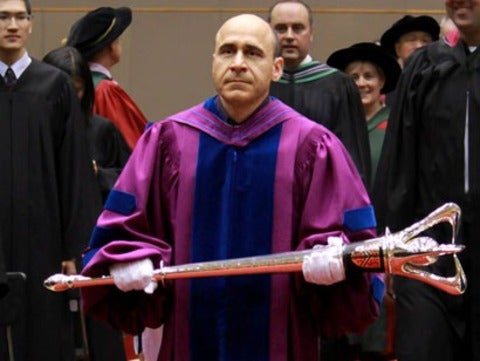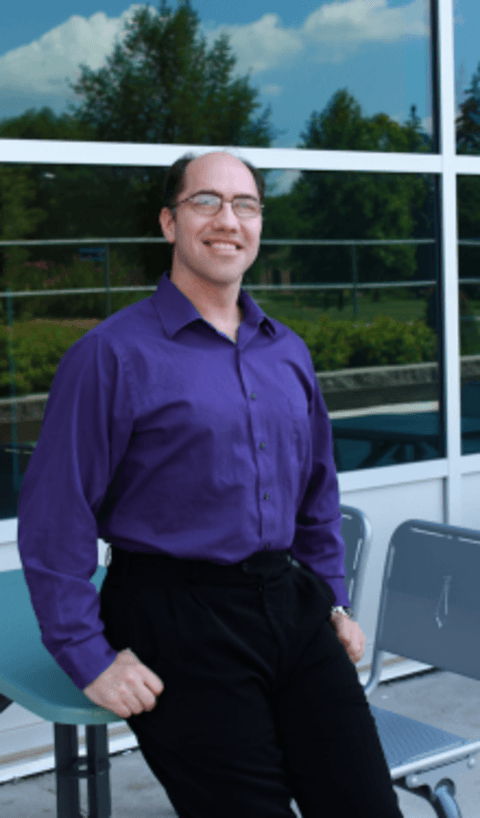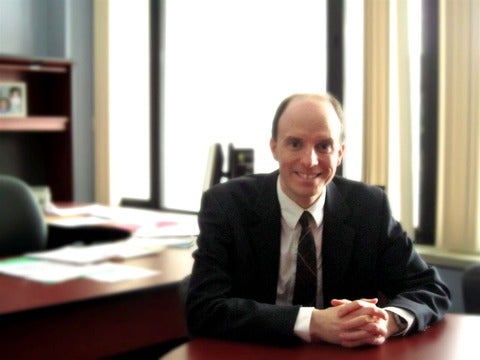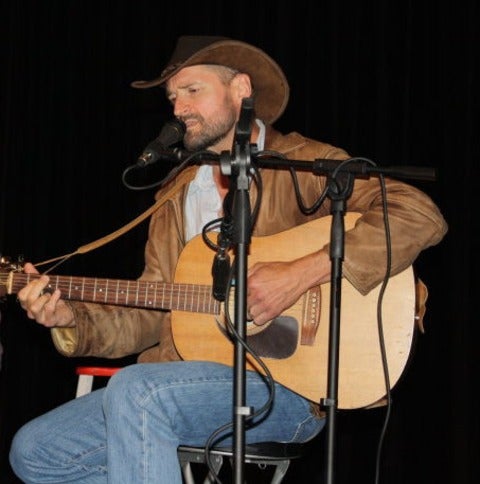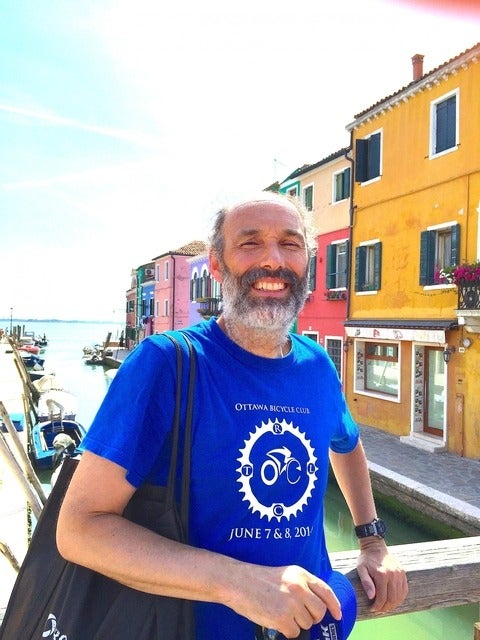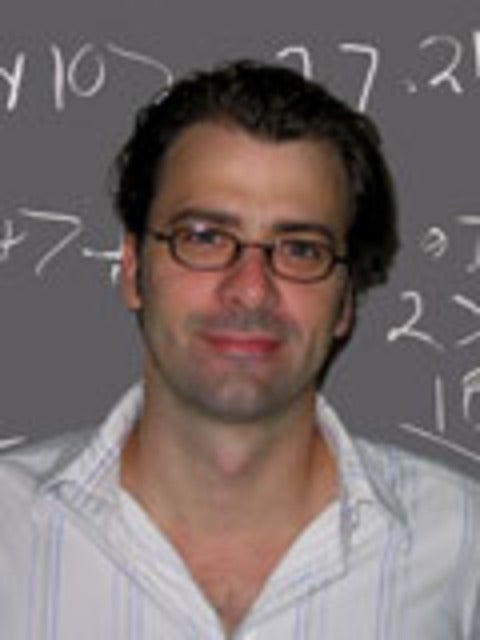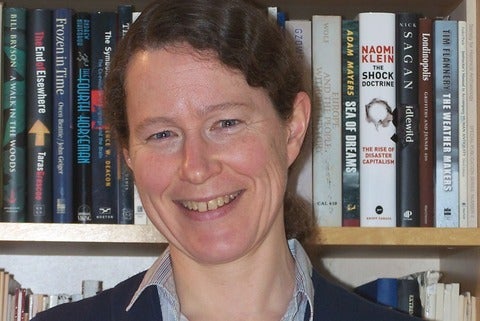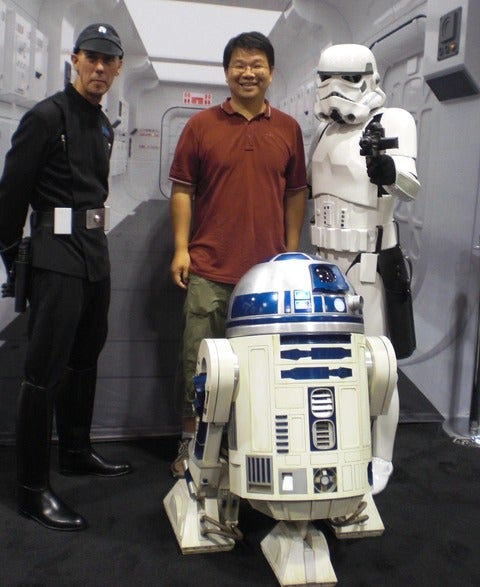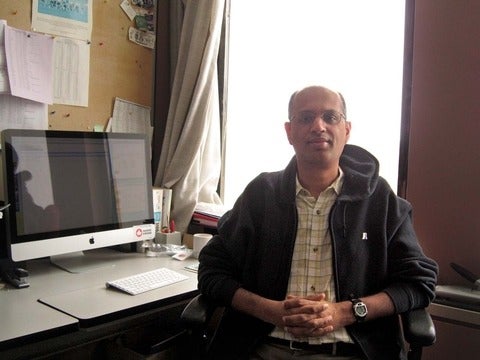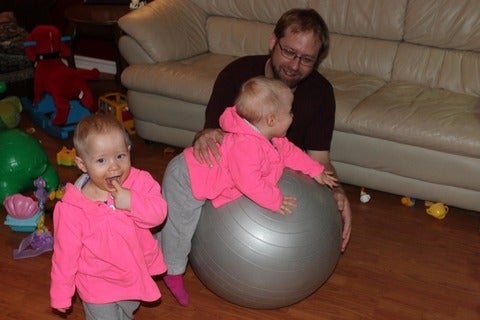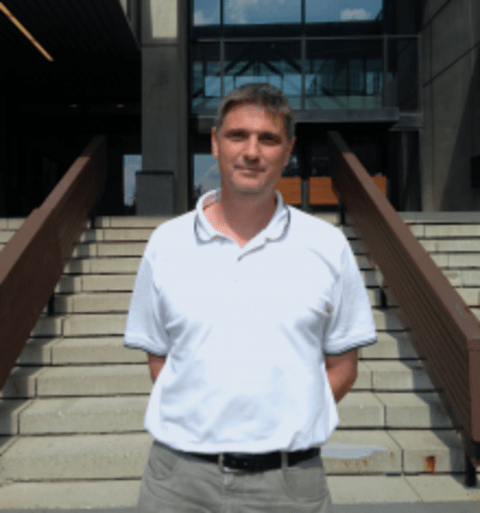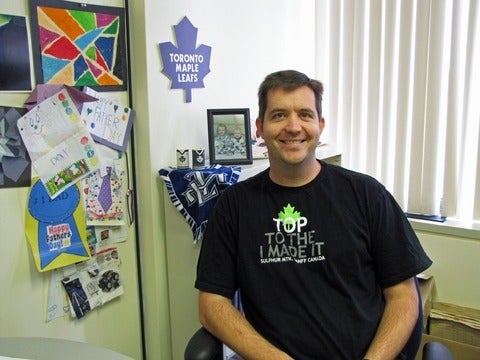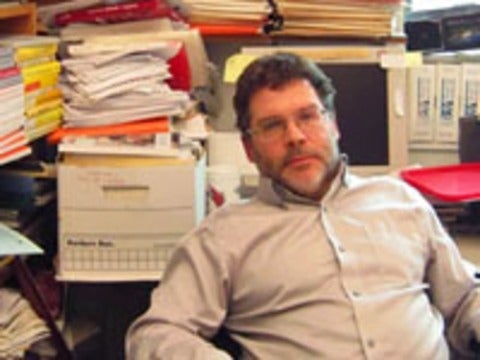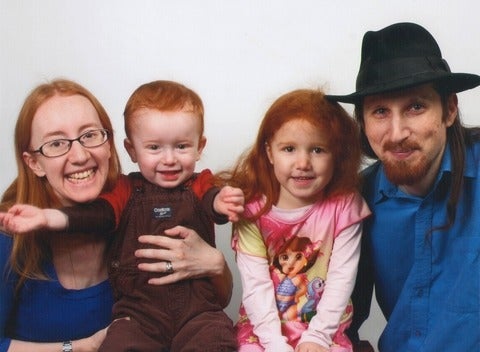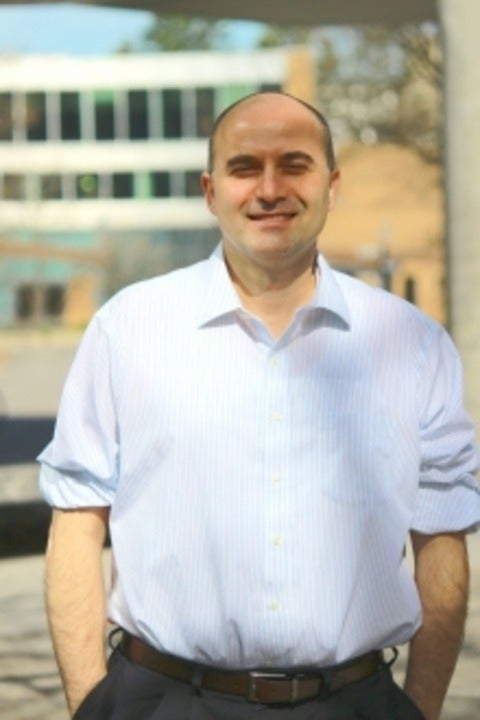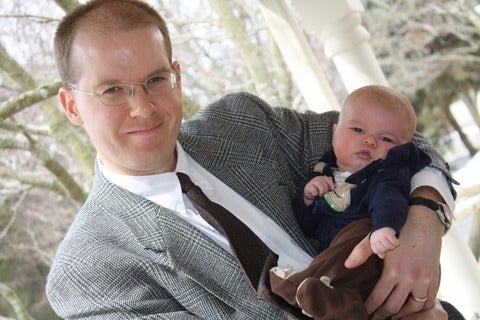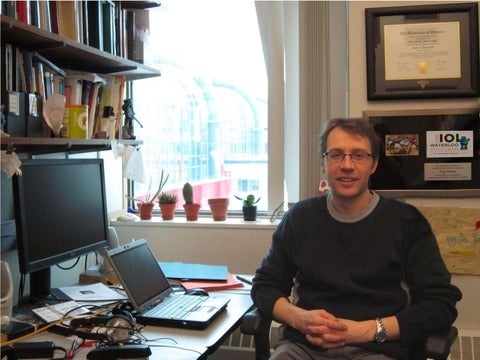Profiles
Filter by:
The sense of accomplishment you get when interacting with students is the most rewarding thing about teaching. Engaging students in some thought, getting them to think about a problem at hand and solving it, is very satisfying.

Perhaps rightfully so, most people are cynical when they hear a CEO praising his or her own firm. As Dean of Mathematics at Waterloo (2010-2015), Ian Goulden was essentially the CEO of the Mathematics faculty, but his testimonial holds great credibility because he faithfully spent his entire academic career at this institution.
Perhaps the best indicators of the quality of an instructor’s teaching are testimonials from his pupils. According to one Rate My Professors website reviewer who has taken MATH 212 with Serge D'Alessio: “Words aren't enough to describe the amazingness [sic] of this prof. He's super clear, and super organized. Encourages students to ask questions and is genuinely interested about the material he teaches. You can see his excitement when he's talking about Maxwell's equations.” Others have attested to Serge’s dedication, saying that he is willing to “skip Thanksgiving to hold a review session for you before a midterm”.
Living in Italy and France for a long period of time is an entirely different experience than visiting these countries as a tourist. This trip allowed for us to be immersed in the local culture and explore what the city had to offer.
Keep an open mind when you come to university. Just because you signed up for a program does not mean you’re trapped in it if you find it doesn’t suit your interests and abilities. There are always options and opportunities available. /*-->*/
Every day was in itself a highlight and a privilege. Living in two different cities and environments
for the entire three months is quite a remarkable experience. The students
are forced to test and develop their adaptability and resilience in various challenging situations. Furthermore,
in order to optimize this situation, the students must fine tune their time-management skills: it is hard to prepare
Surya Banerjee

Kitchener-Waterloo Top 40 under 40

Associate professor in the Department of Applied Mathematics at the University of Waterloo, faculty member at the Institute for Quantum Computing (IQC) at the University of Waterloo and affiliate member at the Perimeter Institute for Theoretical Physics. Also a faculty member of the Guelph-Waterloo Physics Institute and a scholar with the Canadian Institute for Advanced Research.
If you figure things out week by week, you’ll do a lot better. It’s a common experience to not understand material in class. Try figuring it out yourself and if you can’t then go to the Mathematics Tutorial Centre or see your professors. As professors, most of us feel that our office hours are underused; we don’t get enough knocks on the door.
I like video games that require strategic thinking. I also like building toys (the Mega Bloks Halo line is my favorite) and models like Gunpa. I think my basement looks better than Toys R Us.
/*-->*/

A lot of students, such as myself, already have a program in mind when they arrive. I came to university interested in applied mathematics but after two years decided that it’s not my thing. My courses were still general enough that I could switch to statistics from applied math without slowing down my degree process.
Professor Michele Mosca



I came to Waterloo in 2001 as an undergrad student and never left!
The great thing about studying at Waterloo is that everybody in the Faculty of Mathematics loves math. A lot of times people who love math are considered nerds, but at Waterloo, we’re all nerds!
Professor Daniel Younger

